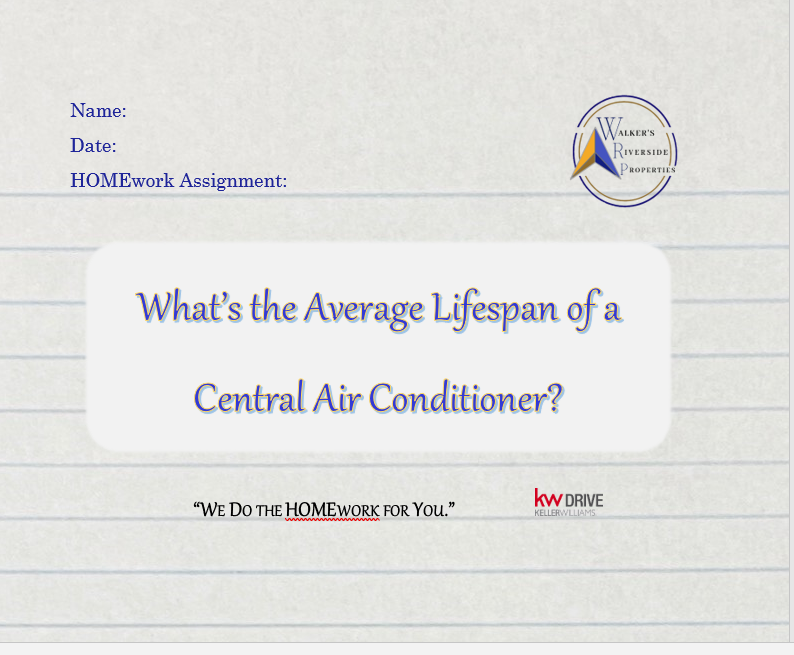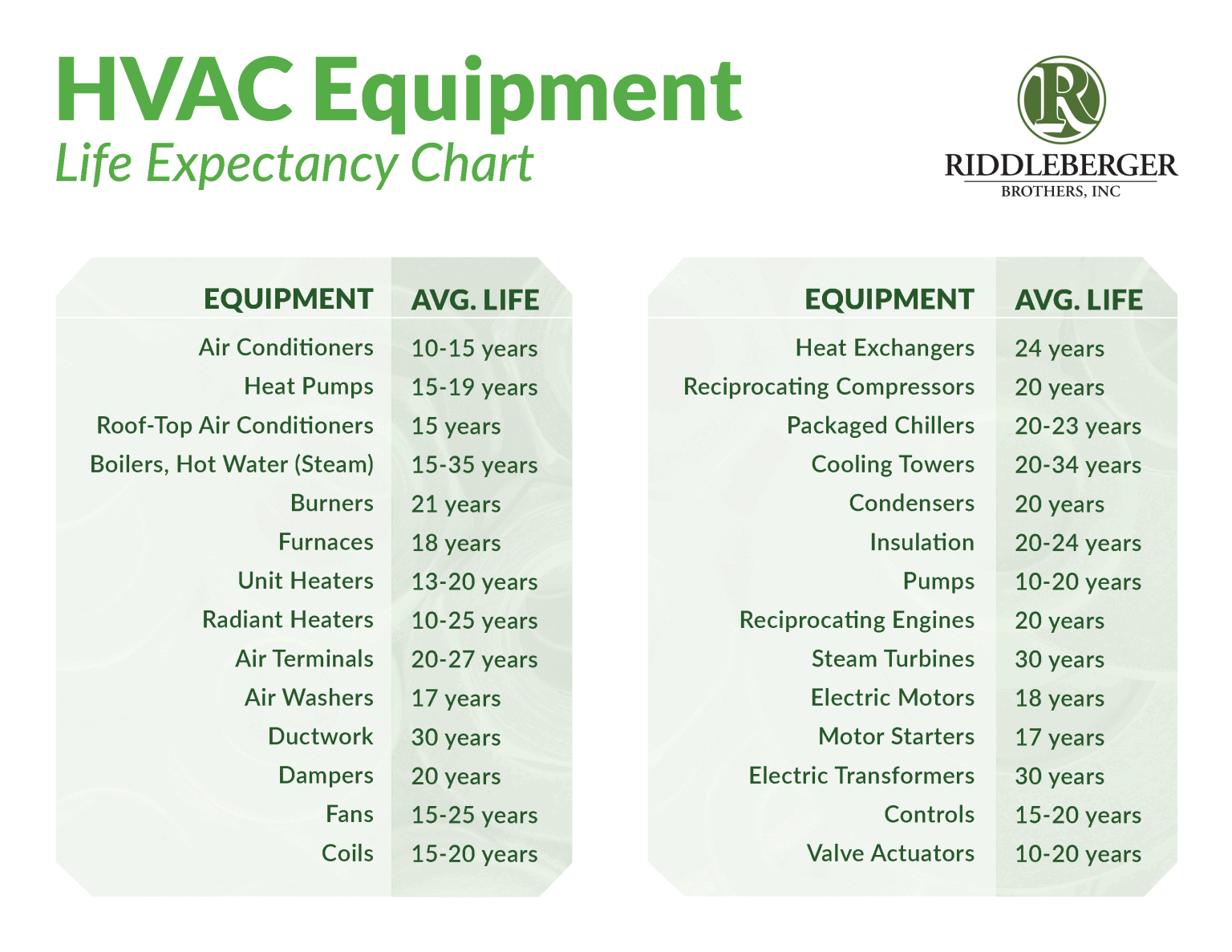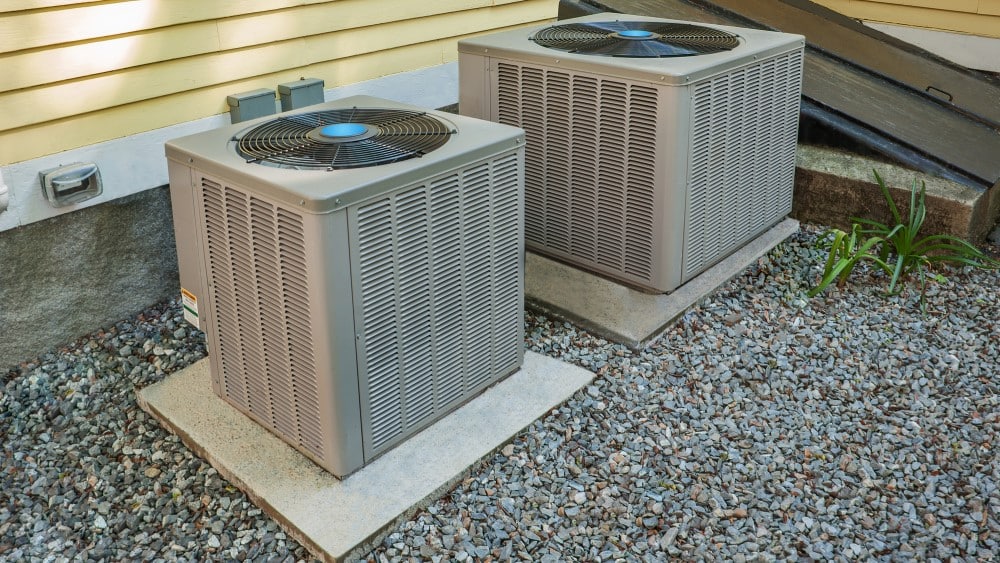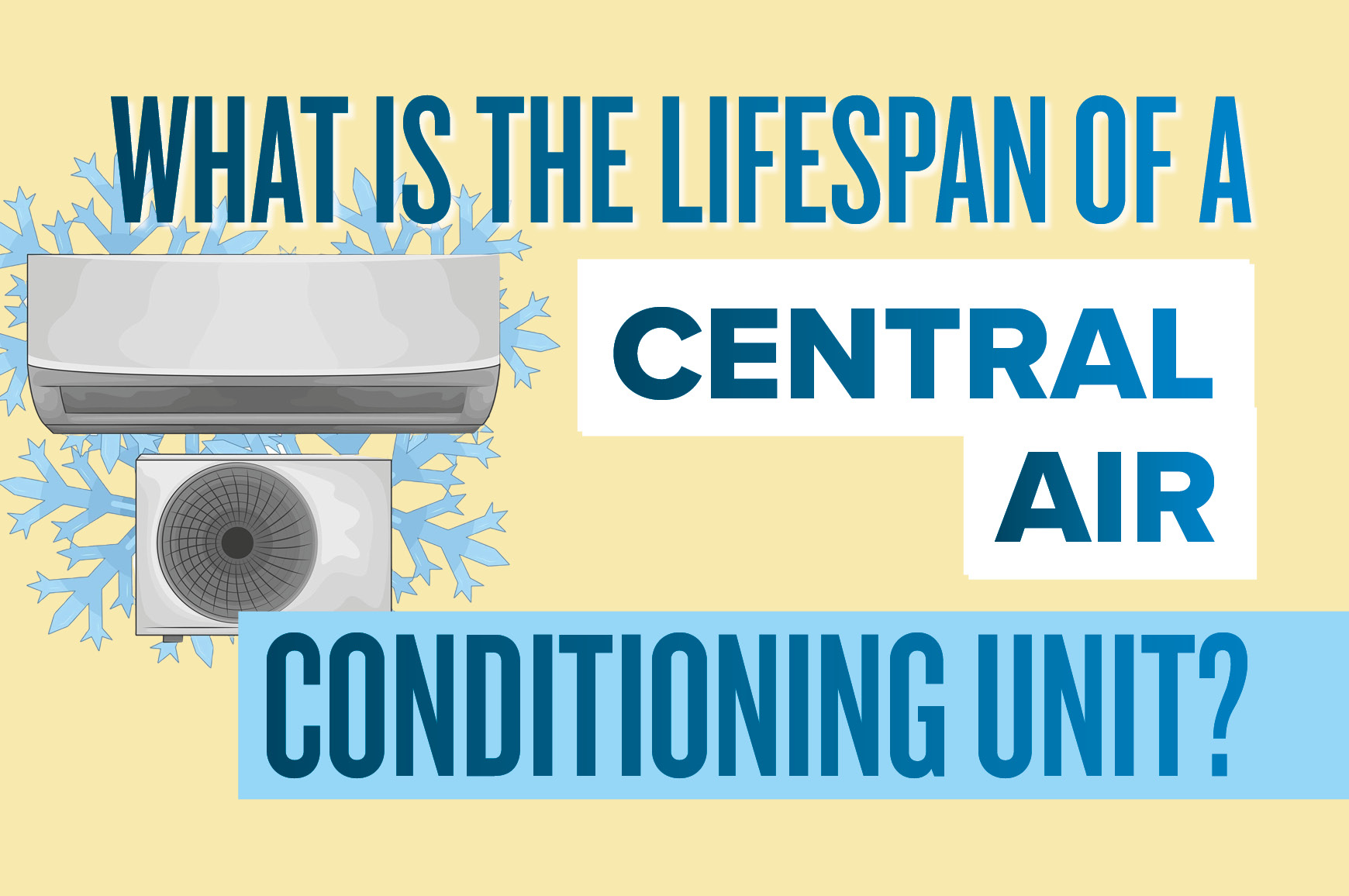Expected Life Of Central Air Conditioner
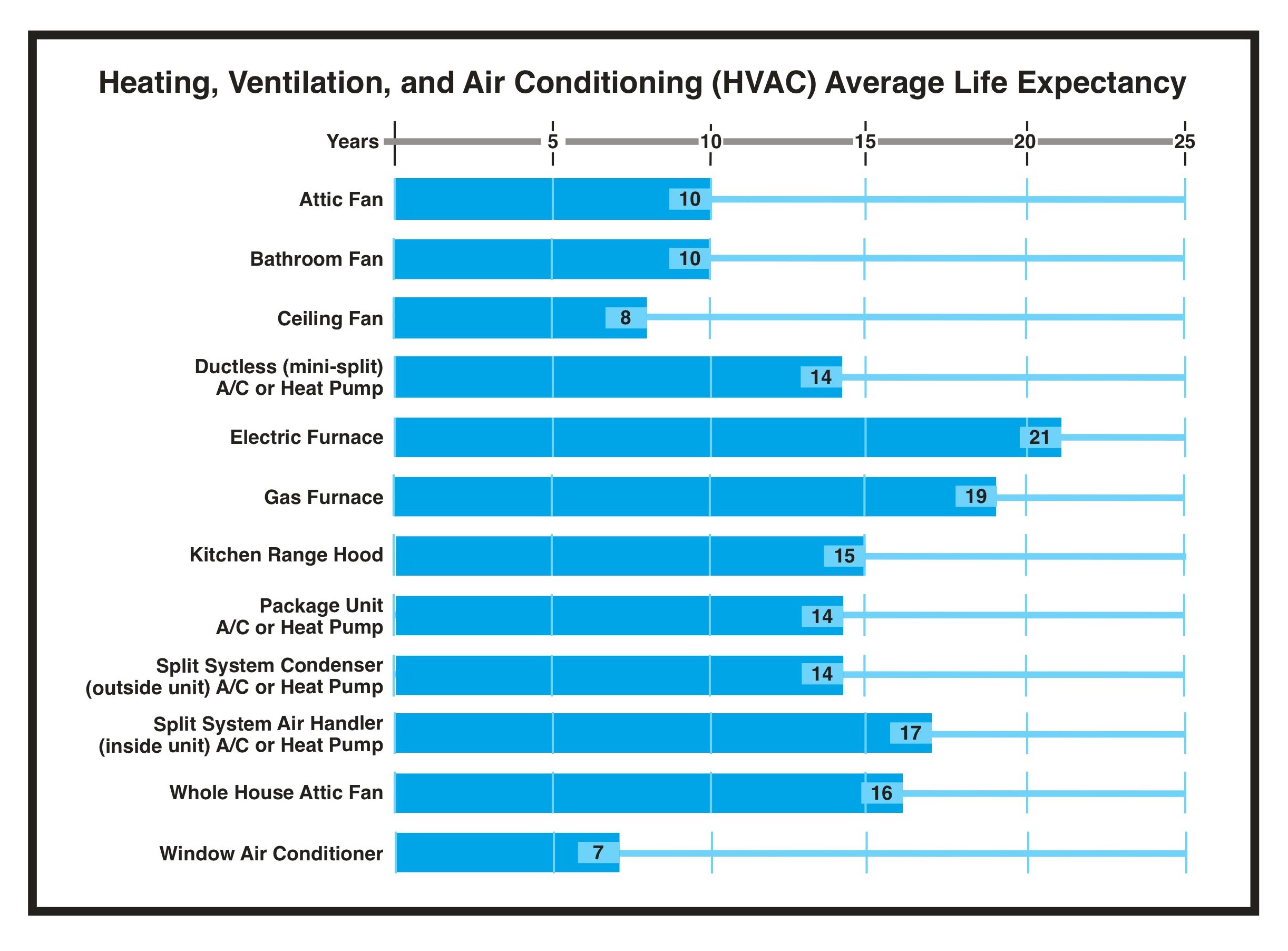
Central air conditioning systems are a staple in homes across the country, providing much-needed relief during sweltering summers. Understanding the lifespan of these systems is crucial for homeowners, HVAC professionals, and employers in the industry. This article delves into the factors influencing the longevity of central AC units, maintenance best practices, and how skilled technicians contribute to extending their operational life. We'll also explore the career opportunities available in this essential sector.
The Average Lifespan of a Central Air Conditioner
On average, a central air conditioner is expected to last between 15 to 20 years. However, this is just an estimate. Several factors can significantly impact this timeframe, either shortening or extending the unit's operational life. These factors include:
- Maintenance: Regular maintenance is paramount. Neglecting maintenance can easily shave years off an AC unit's lifespan.
- Usage: The more frequently and intensely an AC unit is used, the shorter its lifespan may be. Geographical location plays a significant role here; homes in hotter climates will naturally use their AC units more often.
- Installation Quality: A poorly installed AC system will likely experience more problems and a shorter lifespan than one that was professionally and correctly installed.
- Quality of the Unit: Higher-quality units from reputable manufacturers generally last longer and require fewer repairs.
- Climate: Extreme climates with long, hot summers put more strain on AC units, potentially reducing their lifespan. Coastal environments can also accelerate corrosion.
The Impact of Maintenance on AC Longevity
Preventative maintenance is arguably the most significant factor in extending the lifespan of a central air conditioner. Regular maintenance includes:
- Cleaning or replacing air filters: Dirty filters restrict airflow, causing the unit to work harder and potentially overheat.
- Cleaning the coils: Dirty condenser and evaporator coils reduce the unit's ability to transfer heat, decreasing efficiency and increasing wear and tear.
- Checking refrigerant levels: Low refrigerant levels can damage the compressor, a costly repair.
- Inspecting and cleaning the condensate drain line: A clogged drain line can lead to water damage and mold growth.
- Checking electrical connections: Loose electrical connections can cause fires and damage to the unit.
Scheduling annual or bi-annual maintenance with a qualified HVAC technician is highly recommended. These professionals can identify and address potential problems before they escalate into major repairs or system failures. A well-maintained unit not only lasts longer but also operates more efficiently, saving homeowners money on energy bills.
Recognizing the Signs of AC Decline
Even with regular maintenance, a central AC unit will eventually show signs of age and decline. Recognizing these signs early can help homeowners make informed decisions about repairs or replacement. Common warning signs include:
- Increased energy bills: A sudden spike in energy bills without a corresponding increase in usage could indicate that the AC unit is losing efficiency.
- Inconsistent cooling: Uneven cooling throughout the house, with some rooms being warmer than others, can be a sign of ductwork issues or a failing compressor.
- Strange noises: Unusual noises, such as banging, rattling, or hissing, can indicate mechanical problems.
- Frequent repairs: If the AC unit requires frequent repairs, it may be more cost-effective to replace it.
- Age: If the unit is over 15 years old, it may be nearing the end of its lifespan, even if it appears to be functioning properly.
When these signs appear, it's crucial to consult with a qualified HVAC technician for a thorough inspection. They can assess the unit's condition and recommend the best course of action, whether it's a repair, a tune-up, or a replacement.
The HVAC Technician's Role in Extending AC Lifespan
Skilled HVAC technicians play a vital role in extending the lifespan of central air conditioning systems. Their expertise in installation, maintenance, and repair ensures that units operate efficiently and reliably. These professionals possess a deep understanding of the intricate components of AC systems and can diagnose and resolve issues effectively.
A career as an HVAC technician offers promising opportunities. According to the Bureau of Labor Statistics, the median annual wage for HVAC mechanics and installers was $51,390 in May 2021. The job outlook is projected to grow 5 percent from 2021 to 2031, about average for all occupations. This growth is driven by the increasing demand for energy-efficient HVAC systems and the need for skilled technicians to install, maintain, and repair them.
Essential Certifications for HVAC Technicians
Several certifications can enhance an HVAC technician's credibility and expertise. Some of the most important certifications include:
- EPA Section 608 Certification: This certification is required by the Environmental Protection Agency (EPA) for technicians who handle refrigerants. It ensures that technicians understand and adhere to regulations regarding refrigerant handling and disposal.
- NATE (North American Technician Excellence) Certification: NATE certification demonstrates a technician's knowledge and skills in specific areas of HVAC, such as installation, service, and repair. It is widely recognized and respected in the industry.
- HVAC Excellence Certification: Similar to NATE, HVAC Excellence offers certifications in various areas of HVAC, demonstrating a technician's competency.
Obtaining these certifications can lead to higher earning potential and greater job opportunities. Employers often prefer to hire certified technicians, as it assures them of a certain level of expertise and professionalism.
Career Paths in HVAC
The HVAC industry offers a variety of career paths for individuals with different skills and interests. Some common career paths include:
- HVAC Installer: Installs new HVAC systems in residential and commercial buildings.
- HVAC Service Technician: Performs maintenance and repairs on existing HVAC systems.
- HVAC Sales Representative: Sells HVAC equipment and services to customers.
- HVAC Design Engineer: Designs HVAC systems for new construction and renovation projects.
- HVAC Project Manager: Oversees the installation and maintenance of HVAC systems on large-scale projects.
Many technicians start their careers as apprentices, working under the supervision of experienced professionals. Apprenticeships provide valuable hands-on training and allow individuals to develop the skills necessary to succeed in the industry. With experience and further education, technicians can advance to more specialized roles and higher-paying positions.
The Employer's Perspective: Hiring Skilled HVAC Professionals
For employers in the HVAC industry, hiring skilled and qualified technicians is essential for providing high-quality service and maintaining a competitive edge. Employers should prioritize candidates with relevant certifications, experience, and a strong work ethic. Investing in employee training and development can also help retain valuable employees and ensure that they stay up-to-date with the latest technologies and best practices.
Offering competitive salaries and benefits is crucial for attracting and retaining top talent. According to recent industry surveys, the average salary for HVAC technicians varies depending on experience, location, and certifications. Entry-level technicians can expect to earn between $35,000 and $45,000 per year, while experienced technicians with certifications can earn upwards of $60,000 or more.
Example: John, a recent HVAC graduate with EPA 608 and NATE certifications, started his career as an apprentice at a local HVAC company. After gaining several years of experience, he became a lead technician, earning a salary of $55,000 per year. He continues to pursue additional certifications and training to advance his career further.
Extending AC Life: A Shared Responsibility
Extending the life of a central air conditioner is a shared responsibility between homeowners, HVAC technicians, and employers. Homeowners must prioritize regular maintenance and address issues promptly. HVAC technicians must provide skilled and reliable service. Employers must invest in training and development to ensure that their employees have the knowledge and skills necessary to meet the demands of the industry.
By working together, homeowners, HVAC professionals, and employers can ensure that central air conditioning systems operate efficiently, reliably, and for as long as possible, providing comfort and cost savings for years to come. Understanding these factors contributes to a more sustainable and efficient HVAC industry, benefiting everyone involved.
In conclusion, the lifespan of a central air conditioner is significantly influenced by maintenance, usage, installation quality, and climate. Investing in regular maintenance and hiring qualified technicians are crucial for maximizing the lifespan and efficiency of these essential systems. For those considering a career in HVAC, the industry offers promising opportunities with competitive salaries and strong job growth. Obtaining relevant certifications, such as the EPA 608 and NATE certifications, can further enhance career prospects and earning potential.

